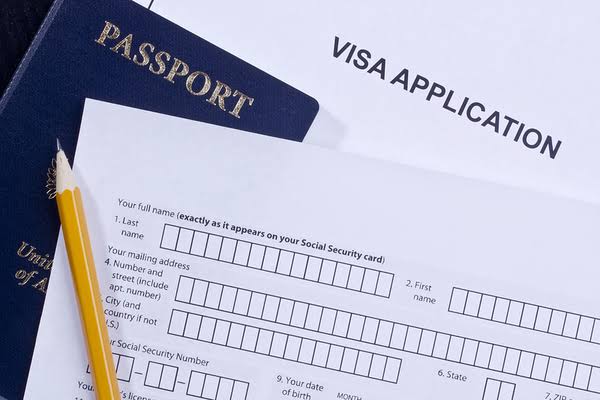
As travel restrictions loosen and the world begins to open up again, many UK citizens are keen to embark on European excursions. Travelling from the UK to Europe entails more than just booking a flight, whether you are planning a summer vacation, a city break, or an extended backpacking journey. There are various important aspects to consider to guarantee a pleasant and pleasurable journey.

Passport and Visa Requirements
Before you even begin arranging your vacation, be sure your passport is valid and that you understand the visa requirements for your chosen European destination. Most European nations allow UK citizens to come for tourist or business purposes without a visa for up to 90 days. This could change as international relations and policies evolve. Make sure your passport has at least six months of validity beyond your intended return date to guarantee a trouble-free journey. If your passport is about to expire, think about renewing it before you leave. Furthermore, investigate the specific visa requirements for the nation you intend to visit, as these can vary greatly across Europe. Some nations may need you to apply for a visa ahead of time, while others may issue visas on the spot.

Travel Insurance
Travel insurance is a must-have for every overseas vacation. It gives financial security in the event of unforeseen circumstances like as trip cancellations, lost luggage, or medical problems. Your European Health Insurance Card (EHIC) or its replacement, the UK Global Health Insurance Card (GHIC), may provide limited healthcare coverage when travelling from the UK to Europe. Travel insurance, on the other hand, is required for full coverage, which includes medical bills, trip interruptions, and other unforeseen occurrences. Compare several travel insurance policies to discover one that meets your needs and covers the activities you intend to do while on vacation.

Currency and Banking
It is critical to manage your finances while travelling in Europe in order to avoid unwanted expenses and problems. Inform your bank of your travel intentions ahead of time to avoid having your cards blocked owing to suspicious overseas transactions. In addition, inquire about foreign transaction fees and currency conversion rates to determine how much you will be charged if you use your cards abroad. Consider bringing a variety of payment methods, including local currency cash and a credit or debit card with no foreign transaction fees. ATMs are extensively available throughout Europe, allowing you to withdraw cash as needed. A backup card is also recommended in case one is lost or stolen.

Accommodation and Transportation
Planning ahead of time for your accommodation and transportation can save you time, money, and aggravation during your European vacation. When deciding between hotels, hostels, Airbnb, and other lodging alternatives, keep your budget and tastes in mind. Early booking of rooms might also assist you get better prices and availability, especially during peak tourist seasons. When it comes to transportation, consider if you will use public transportation, rent a car, or a combination of the two. Investigate local travel alternatives, such as rail and bus schedules, and buy tickets before of time if necessary. If you intend to rent a car, familiarise yourself with the driving laws of your destination country, including restrictions about licences, insurance, and road signage.

Travelling from the United Kingdom to Europe is an exciting adventure filled with diverse cultural encounters and breathtaking scenery. To get the most out of your trip, you must plan ahead of time and consider practical aspects of travel such as passport and visa requirements, travel insurance, funds, and lodging. You will be well-prepared to enjoy a safe and memorable tour through Europe’s diverse and compelling countries if you handle these five important factors.



